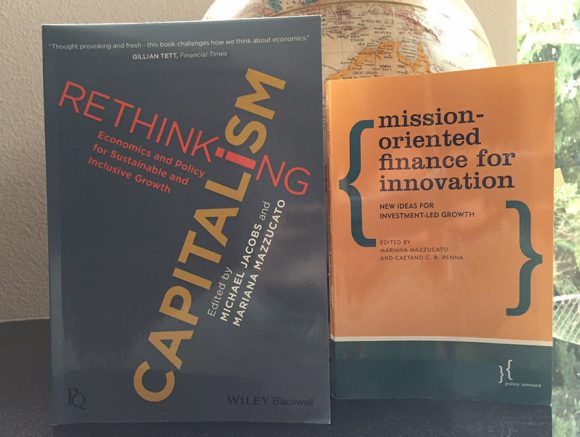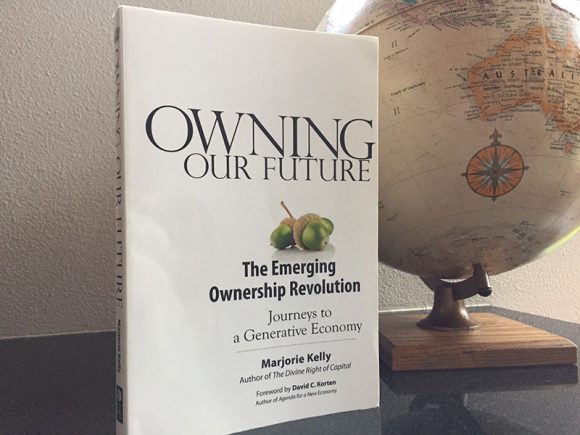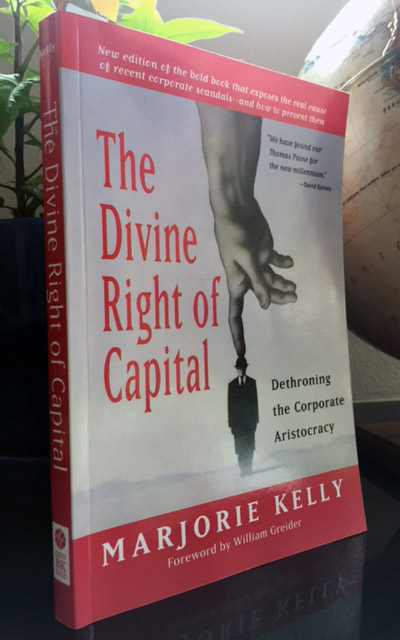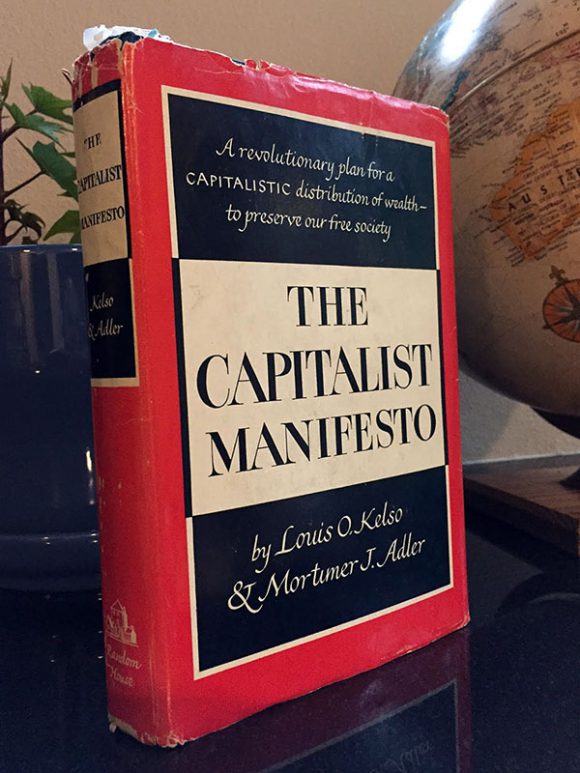
“First they will laugh at you; then they will threaten you; and then they will follow you” – Ghandi Back to my readings on economics and inequality, I found Fusion Economics sitting on my nightstand, shot right through it, and suggest you pick up a copy too. Laurence J Brahm is a real life Forrest Gump, but brilliant is as brilliant does. Gump, as in his life seems to take him...

